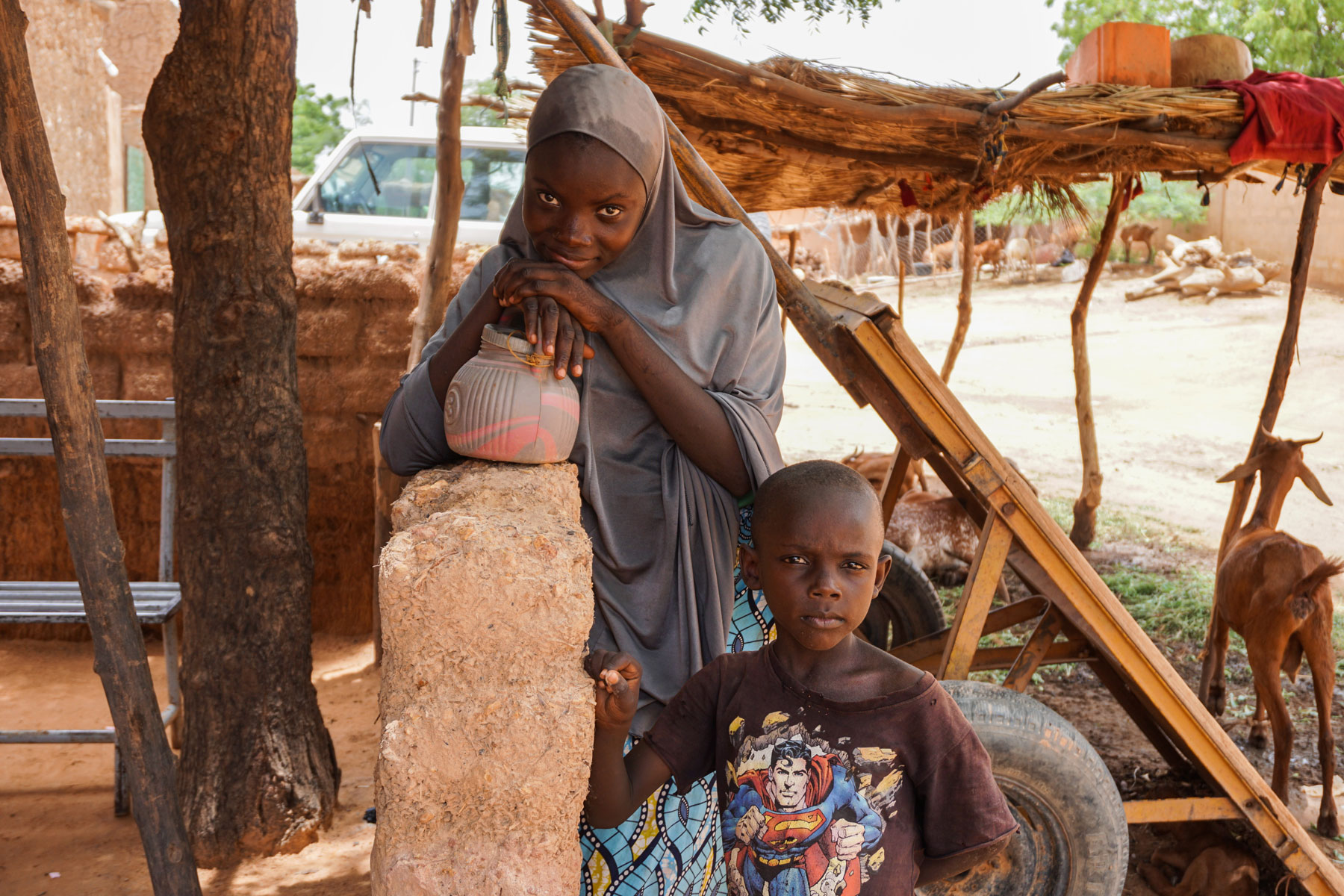
Sprout
Working alongside communities to prevent the risks associated with severe acute malnutrition in children
Over 16 million children under the age of 3 are afflicted by severe acute malnutrition. To pinpoint the most impactful prevention methods, Sprout is experimenting with 3 distinct approaches.
Current malnutrition prevention efforts range from breastfeeding exclusively to multi-pronged approaches that include a dizzying number of interventions like home gardens, cash transfers, and feeding practices all together. But none have proven to be effective and scalable prevention methods.
To pinpoint the most impactful methods, Sprout is experimenting with 3 distinct approaches:
- Positive Practices: Identifying and promoting existing practices in communities, like hand washing and diversifying the foods children eat, that are associated with SAM prevention, and then introducing choices for additional, relevant practices that women can decide to adopt. Supporting women in changing their ability, motivation, and opportunity to adopt or intensify positive practices.
- Post-Harvest Loss: Offering an alternative service to current storage practices that better protects against losses of crops from rodents, insects, and fungus; and may offset the cost of operations.
- Cash: Providing modest quantities of unconditional cash to pregnant women and caregivers of children under 3 years to prompt the uptake of new behaviors, like eating (rather than selling) eggs or buying soap.
Project Timeline
Prototype concludes
Sprout finds a number of takeaways including: Choice, trust, and problem-solving support were most appreciated by caregivers Cash nudges helped caregivers support familiar behaviors, such as handwashing with soap, as well as try new behaviors, such as feeding a child from their own bowl and introducing meat and fruit into a child’s diet. While the warehouse was an attractive service, it did not generate enough fees to substantially offset the cash nudges to caregivers. When working with subsistence farmers, post-harvest loss reduction isn’t enough - efforts are needed across the entire value chain.
ResourceTillaberi, Niger. Over 300 farmers have become warehouse customers.
Mobilizers have good relationships with their households and are seen by caregivers as partners in problem-solving around adoption of positive practices. Some positive practices, such as purchasing fruit (all of which is imported in Niger) and buying soap remains difficult due to the communal nature of resource consumption in the villages. Sprout doubles the amount of cash distributed to $10.43 USD every 2 weeks to see how that affects food diversification and hand hygiene practices. Mobilizers recommend further improvements to the activities.
Resource